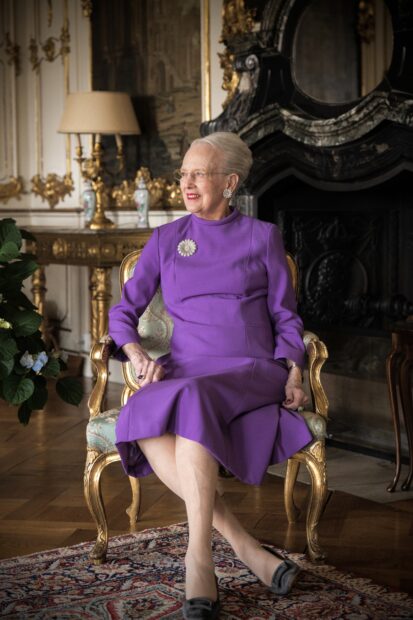It’s not every day that Enhedslisten and Dansk Folkeparti take a shared political stance, but the far-left and far-right parties, respectively, have found common ground in their disdain of the EU’s long-awaited ‘New Pact on Migration and Asylum’, which the European Parliament is due to vote on today.
After years of struggle by EU countries to manage migrant arrivals into the bloc, the European Commission proposed a broad policy reform in September 2020, aimed at establishing a clear and common framework for handling migration
Anders Vistisen from Dansk Folkeparti says that he is voting no to the pact:
“It is completely inadequate legislation that is now adopted five minutes before the election to try to reassure the people of Europe,” he told DR.
“The truth is that there is chaos at the outer borders, and they are now trying to put a band-aid on a broken leg. This legislation does not solve the fundamental problems.”
Enhedslisten’s Nikolaj Villumsen also intends to vote against the pact – though for completely different reasons.
“This is a missed opportunity. I would rather see this agreement renegotiated so that you could get a real solidarity distribution with help in the surrounding areas. The current agreement calls into question the right to asylum,” he said.
The Pact proposes new processes for handling refugees and migrants in EU countries. There is a focus on keeping new arrivals at the external borders, where there will be a faster screening process to determine whether the asylum seeker has the right to protection in the EU, or whether they can be sent back to their country of origin.
Not all Danish members of the European Parliament oppose the package of new proposals.
Venstre’s Morten Løkkegaard intends to vote in favour of the pact: “After all, this pact brings us one step further in this very delicate discussion about migration, which we have had for some years now. It is far from the solution to everything, but it is a step in the right direction,” he said.
He questions whether it will be possible to agree on anything in the area of migration if this collection of laws is not voted through.
“You risk losing a small but significant step towards solving this problem. If you can’t even get through with this, it sends a signal that there is no agreement on that point in Europe at all, and that is the wrong signal to send in an EP election.”
SF’s Kira Marie Peter-Hansen is also predominantly positive towards the agreement – but will not vote in favour of all of its elements:
“We are extremely happy that an agreement on asylum and migration has finally been reached. It is obvious to everyone that the current system does not work. We are happy that we have a solidarity mechanism, and we hope that Denmark will make use of it,” she said.
Due to its special EU reservations, Denmark is exempted from having to accept laws passed in the European Parliament. However, the government is open to joining parts of the migration pact.
“We are going to join a number of the agreements that are in this asylum and migration pact. There are some things we will be left out of, including the forced redistribution of refugees that exists within the EU,” said Minister for Immigration Kaare Dybvad.
He added: “We are going to help in the way we already do by making contributions to the European countries that lie on the outer borders. For example, by providing naval and coastal vessels in the Mediterranean.”






